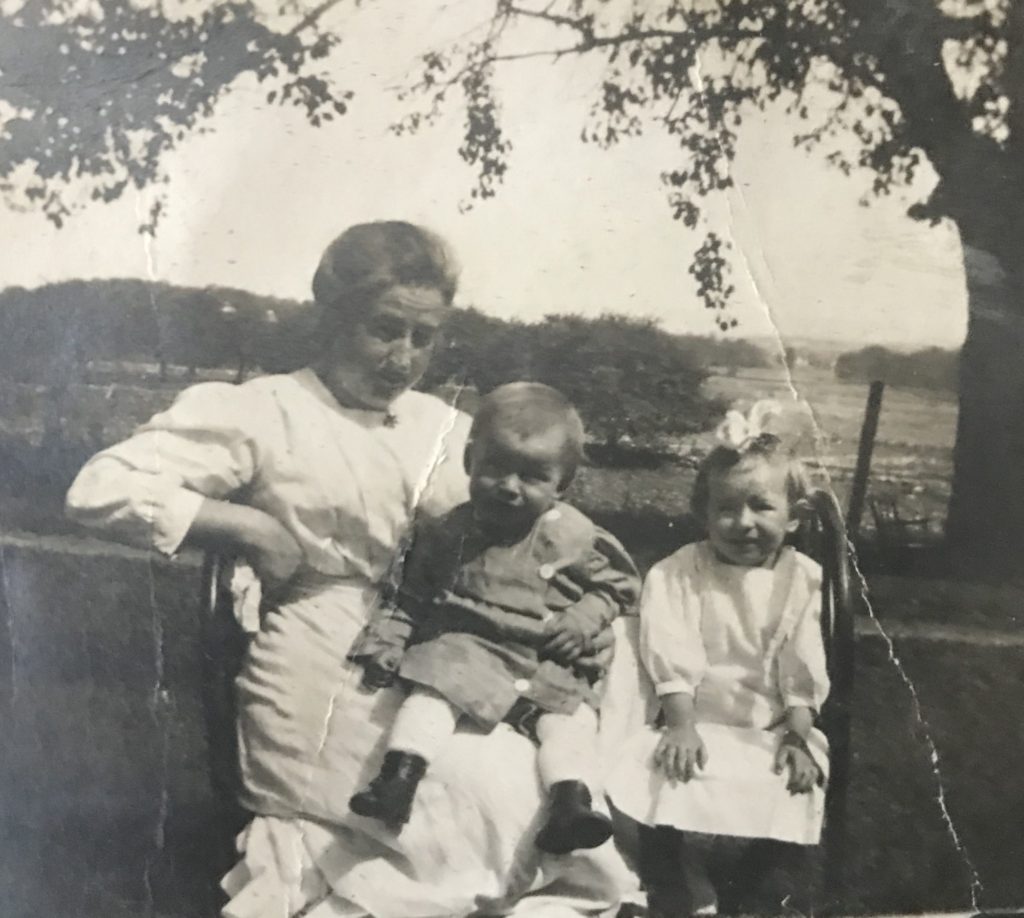At some point, as children, my sister and I received music boxes in which to store our personal treasures. My sister’s had Noah’s Ark on top of it and played “Talk to the Animals”. I don’t recall what mine looked like but it played “In the Good Old Summertime”, a song first published in 1902.
There’s a time each year
That we always hold dear
Good old summertime
I spent an inordinate amount of time winding up that box to listen to the music going crazily fast, then slower and slower before finally giving its last little ‘ting’. Only to wind it again. I’d watch the ballerina pirouette round and round, transfixed by who knows what.
With the birds and the trees’es
And sweet scented breezes
Good old summertime
Summer is just the season for this sort of ‘zoning out’. There’s more time in the day to make room for leisure: a swim, a walk, lawn games. The good weather gives us an excuse to lay our domestic chores aside for the moment and enjoy being outside.
Of course, as an adult it’s a fight to clear your head, even in summer. Does the car need a new transmission? Should we be putting parental controls on the ipad? Oh great, the freshwater animals are dying off.
In July 1910, when these pictures were taken, summer disorder resulted from the “fight of the century” between Jack Johnson (a black man) and Jim Jeffries (a white man). That a black man could even fight against a white man in a prize fight was an extraordinary thing in those days.
This fight only occurred because Johnson had beaten (white) Tommy Burns in Australia in 1908 to become Heavyweight Champion. Jeffries was therefore picked out as the “great white hope”: a white boxer who could win the title back to ‘redeem the race’. (Let’s pause and give thanks that the phrase “redeem the race” sounds so out-of-touch to today’s ear).

No trouble annoying
Each one is enjoying
The good old summertime
There happens to be a Ken Burns documentary on this event called “Unforgivable Blackness”, which I highly recommend. The website provides background into it and how Johnson’s flamboyant personality and marriages to white women increased the stakes of the fight.
“Johnson did not seem to care what whites thought of him, and this bothered most whites a great deal. He was not humble or diffident with whites.” You can imagine the historical significance, then, on July 4th, 1910, when 20,000 people gathered in Reno to watch Johnson fight Jeffries.
You might also imagine what happened when Johnson dominated and knocked his opponent out in the 15th round. Race riots erupted all over the country, resulting in a number of black deaths. The film of the fight was soon banned in some cities for fear that the images would incite more violence.
My relatives undoubtedly knew of these events. (Riots even broke out in New York City). My best guess is that, as regular church goers, they followed the church’s beliefs that two men bashing each other for money was an immoral and un-Christian act.
In fact, the churches didn’t want the Johnson-Jeffries fight to happen at all. I found this account in the New York Times from July 4 which gave me a little laugh. “There was scarcely a church in the state to-day that didn’t send its plea up that some thing will happen to prevent its so-called blot on the fair name of Nevada.”
The fact is that as troubling as most of the ‘big news’ events are, they rarely touch our lives directly. Eleanor would surely not recall the summer of 1910 as the summer that Johnson knocked out Jeffries. She might instead remember it as the summer that Ferris took his first steps.
Likewise, I won’t remember this as the summer of shooting sprees. This was the summer I had zinnias in my planters and my daughter had the lobster bathing suit. The difficulties of the country bite at my ankles like annoying flies that I’m fortunate enough to swat away as needed.
In summer, especially, we all need that. I’m aware and saddened, though, that then as now, many people don’t have that luxury.
I’ll end with a very idyllic picture of Eleanor and Ferris enjoying each other’s company. Don’t you love how there’s a little piece of hair that’s come out of her bun? That imperfection makes this photo even more beautiful to me.

Strolling thro’ the shady lanes
With your baby mine;
You hold her hand and she holds yours.
And that’s a very good sign.
That she’s your tootsie wootsie
In the good old summertime.

I love your analogy of events to flies biting. You are so right about what we remember in the long run. Another great blog!
Thank you! It sounded more callous than I wanted but sometimes the truth isn’t pretty. Here’s a quote I had saved from The Picture of Dorian Gray:
“Human life-that appeared to him the one thing worth investigating. Compared to it there was nothing else of any value. It was true that as one watched life in its curious crucible of pain and pleasure, one could not wear over one’s face a mask of glass, nor keep the sulphurous fumes from troubling the brain…”
I enjoy the good old summer time too, but you drove me crazy winding up that silly box.